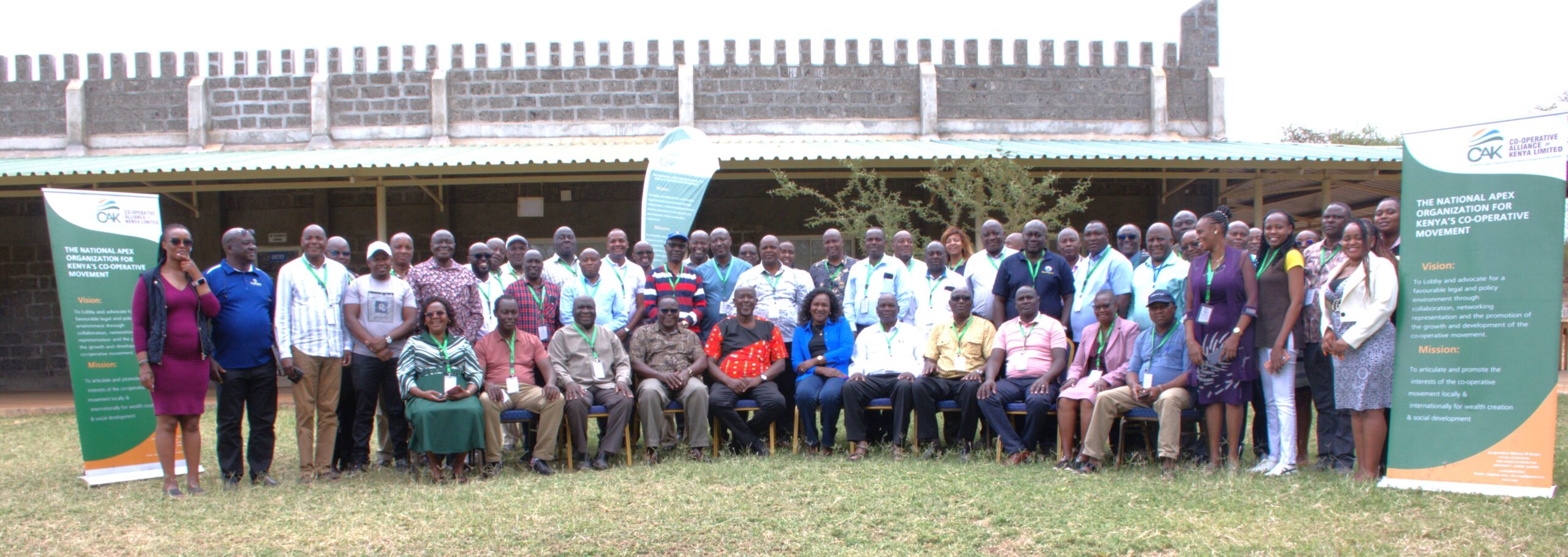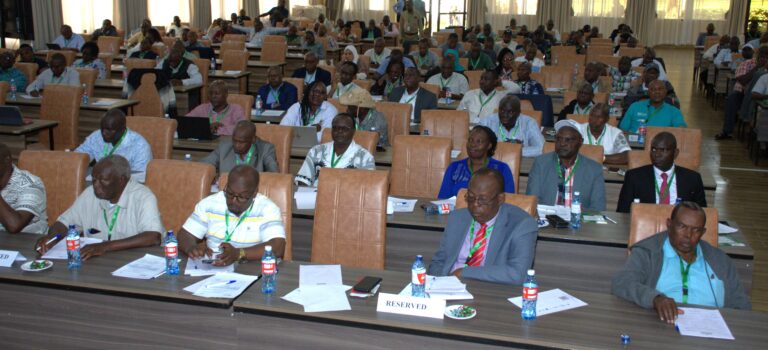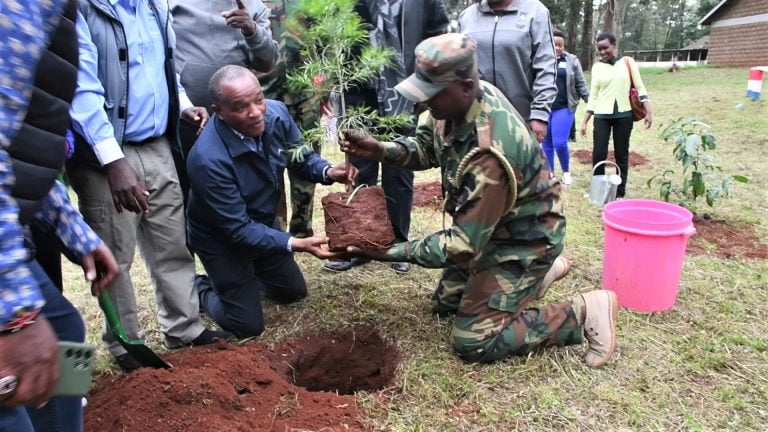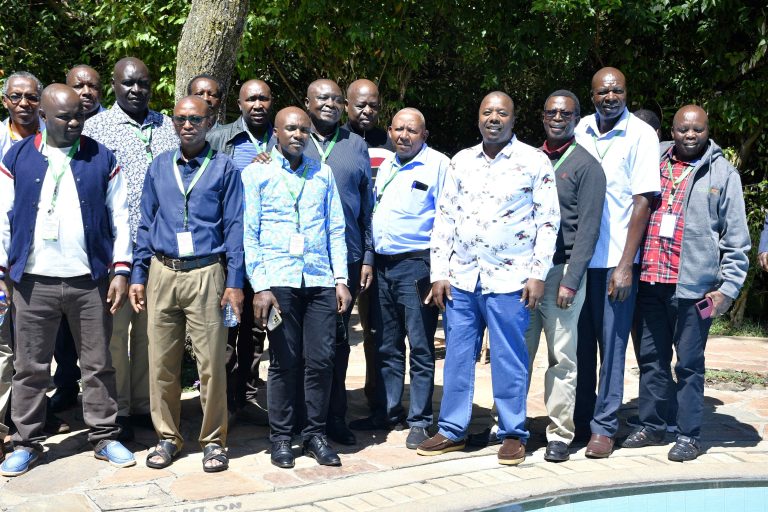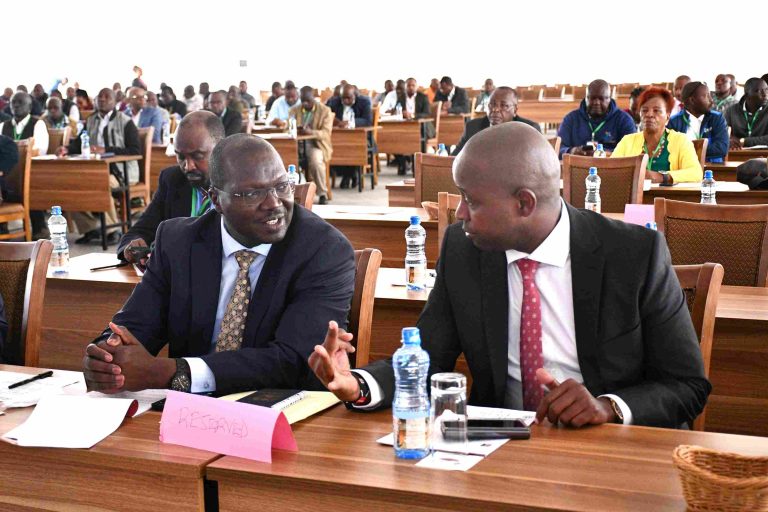By Kimuri Mwangi
Savings and Credit Cooperative Organizations (SACCOs) have been advised to adopt sustainable reporting as part of efforts to strengthen climate risk management, improve transparency, and enhance customer confidence.
Having successfully mobilized Kenyans into cooperatives and boosted financial inclusion through savings, SACCOs are now being urged to align their strategies with emerging global challenges, including climate change.
Cooperative Alliance of Kenya (CAK) Chief Executive Officer Daniel Marube said sustainable reporting is increasingly becoming a market requirement.
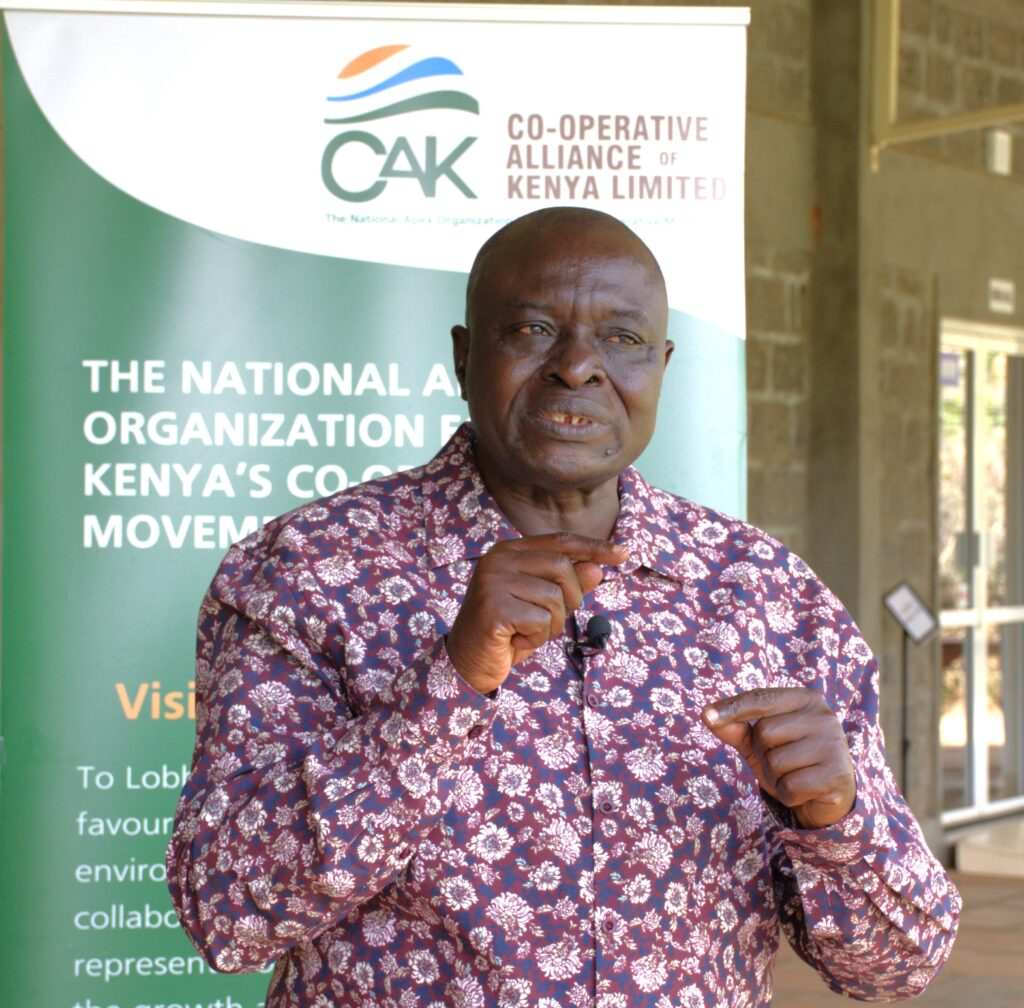
“Cooperative societies, mainly SACCOs, are not in isolation. They compete with commercial banks in the deposit-taking business. Financial cooperatives must therefore widen their approach by addressing emerging issues, such as the growing youth population,” Marube said during the opening of a one-week forum on audit, governance, and risk management for cooperatives at Voi Wildlife Hotel.
The forum, organized in partnership with the Institute of Directors Kenya (IODK), was themed “Effective Risk Management and Audit Forum.” It seeks to review supervisory roles, audit functions, procedures, and controls to assess how effectively cooperatives are mitigating risks and safeguarding resources.
According to Marube, adopting sustainable reporting will not only open new business avenues but also improve the value of products offered by SACCOs.
“Young people below 20 years make up close to 70 percent of Kenya’s population. Sustainable reporting will provide viable options to address the needs of this generation,” he said.
He noted that commercial banks and listed companies have already embraced sustainability reporting, using it to demonstrate how they are tackling climate change while tapping into the potential of a youthful population.
Marube added that sustainable reporting could also curb malpractice among boards of management that fail to uphold effective governance and supervision.
Boards of SACCOs, he observed, continue to face challenges such as weak capacity, inadequate monitoring, poor alignment with business strategy, and inconsistent compliance practices.
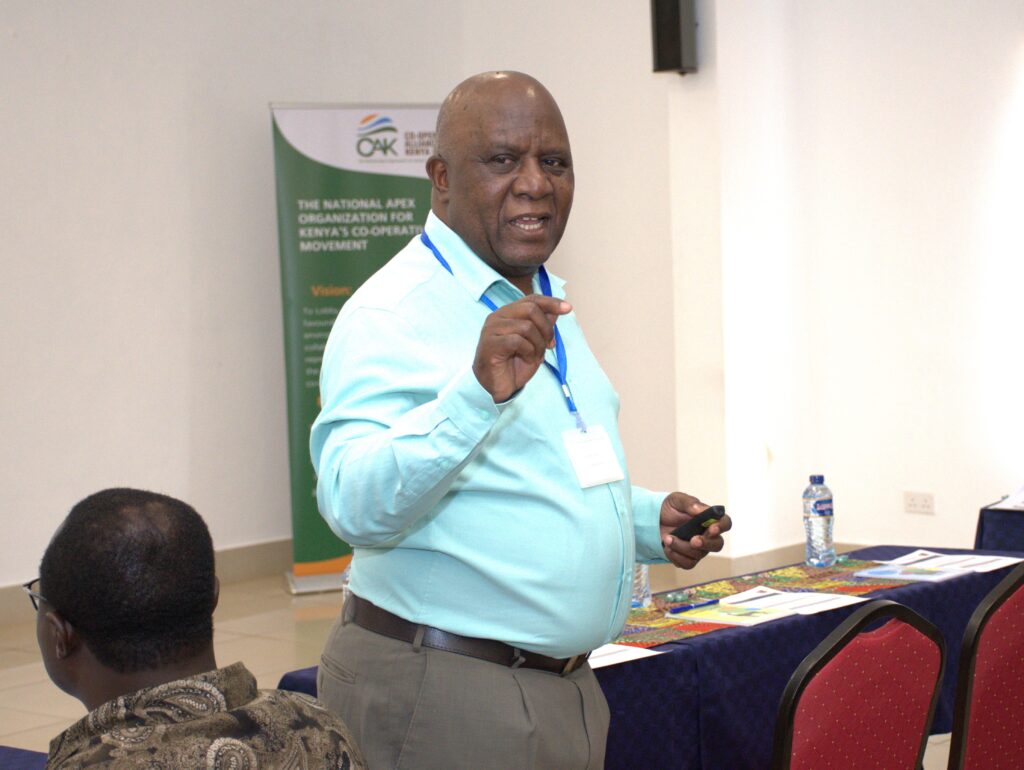
Governance expert Zack Omukalla emphasized that sustainable reporting would help SACCOs meet both local and international standards while strengthening the capacity of their leadership.
“Kenyan cooperatives are among the best in the world. If they adopt practical reporting frameworks, they will achieve impressive business outcomes. Sustainability reporting integrates issues like climate change and enhances the confidence of farmers and depositors,” Omukalla said.
He added that sustainability reports should be embedded within overall business plans, with a focus on risk management, audit and supervisory structures, environmental consciousness, and workforce quality.
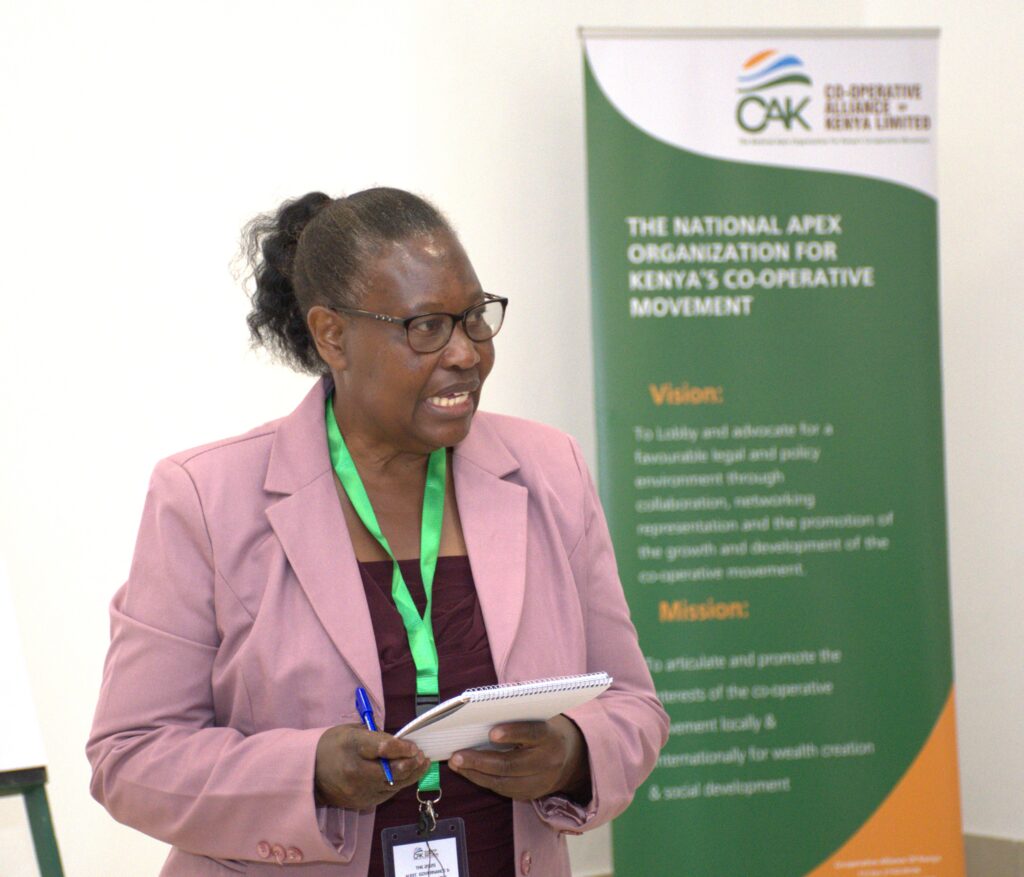
Nelly Okendo, a director at Apstar Sacco, noted that sustainable reporting improves transparency and supports the execution of strategic business plans.
“Audit and supervisory committees in deposit-taking SACCOs, if well supported, can effectively address emerging challenges. CAK should step up its campaign on sustainable reporting,” Okendo said.
CAK Vice Chairman Cyrus Magut said directors and senior managers would undergo intensive training to strengthen their ability to respond to changing business dynamics.
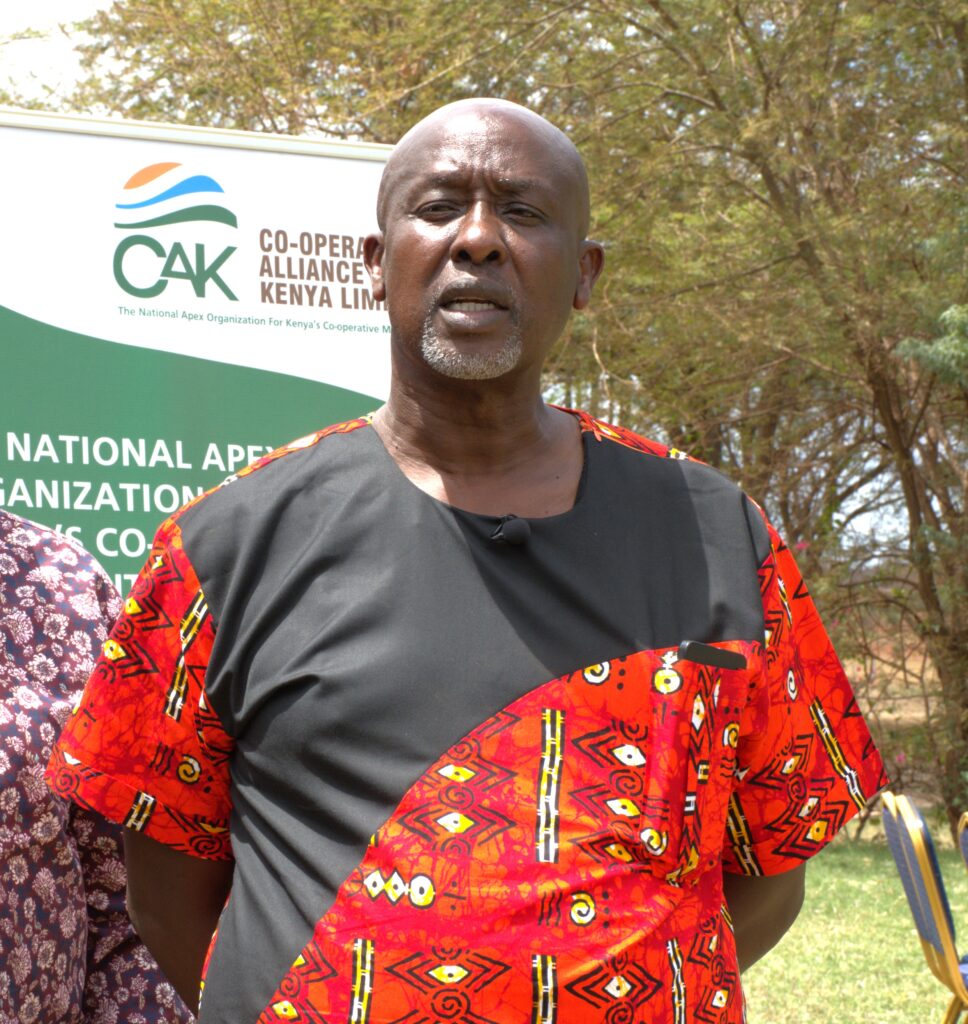
“Through training, managers will be more encouraged and better equipped to adopt good business practices,” Magut said.
The Cooperative Alliance of Kenya’s leadership training program brings together board members, supervisory committees, and audit committees as part of a broader national effort to improve governance and accountability in the sector.
Kenya’s cooperative movement remains a key driver of socio-economic development, pooling resources from members and redistributing them across multiple sectors of the economy.


